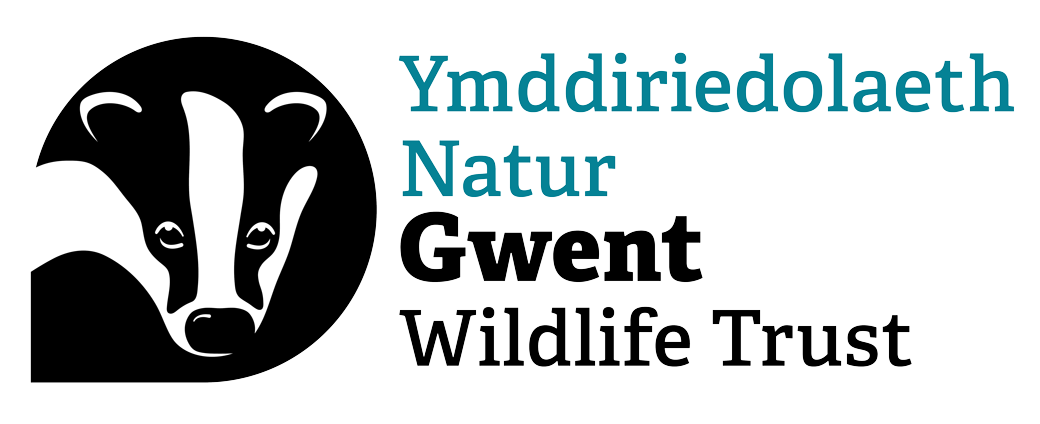Emergency authorisation was refused in 2018 – what’s changed?
Today The Wildlife Trusts’ lawyers have contacted the Environment Secretary, George Eustice to question his decision to allow the emergency use of the banned neonicotinoid Thiamethoxam for sugar beet. The Wildlife Trusts believe the action may have been unlawful and The Wildlife Trusts are planning a legal challenge to the decision unless Government can prove otherwise.
In 2018 the UK Expert Committee on Pesticides refused a similar application because of unacceptable environmental risks.* The Wildlife Trusts contend that no new evidence has been provided to support the Government’s decision and therefore the ban should stay.
Additionally, The Wildlife Trusts believe that the Environment Secretary has not proved that there is no alternative to using neonicotinoids; nor has he explained what action he is taking to ensure the emergency authorisation is not repeated indefinitely. The Wildlife Trusts are deeply concerned that the current derogation applies for three years and that further derogations could be allowed for a further block of three years.
Craig Bennett, chief executive of The Wildlife Trusts, says:
“We are preparing to take legal action unless the Government can prove it acted lawfully. The Government refused a request for emergency authorisation in 2018 and we want to know what’s changed. Where’s the new evidence that it’s ok to use this extremely harmful pesticide?
“Using neonicotinoids not only threatens bees but is also extremely harmful to aquatic wildlife because the majority of the pesticide leaches into soil and then into waterways. Worse still, farmers are being recommended to use weedkiller to kill wildflowers in and around sugar beet crops in a misguided attempt to prevent harm to bees in the surrounding area. This is a double blow for nature.
“Only 5% of this toxic neonicotinoid goes where it is wanted in the crop; most ends up in the soil where it can be absorbed by the roots of wildflowers, and also ends up in our rivers, potentially affecting other insects and wildlife.
“This comes at a time when the Government has yet again delayed the vitally important Environment Bill, and which once more highlights the gap between the rhetoric and reality of the Government’s commitment to restoring nature and tacking the twin nature and climate crises.
“Over 56,000 people have signed The Wildlife Trusts’ petition in the last few days to ask the Prime Minister to overturn the neonics decision, and 40,000 people have emailed their MP. Every single MP has been emailed by a constituent on this matter.”
Sugar beet farmers who will be allowed to use seeds dressed with the pesticide will be preparing for this year’s crop shortly, The Wildlife Trusts are seeking a response from George Eustice as a matter of urgency.
ENDS
Contact: Liz Carney, The Wildlife Trusts, 07887 754659, lcarney@wildlifetrusts.org
Editor’s notes
- Media release 19.1.2021: Thousands sign petition against bee killing pesticide
- The Wildlife Trusts MP briefing here
- Media release 11.1.2021: Bad news for bees
- In 2018, the UK sugar beet industry submitted an application for an emergency authorisation for the use of “Poncho Beta” and “Cruiser SB” as seed treatments on sugar beet. The UK Expert Committee on Pesticides (ECP) refused the application on the grounds that there were a number of unacceptable environmental risks associated with the use of these products (specifically unacceptable effects to bees in following crops and flowering plants in field margins, birds and mammals eating seedlings from treated seed and birds consuming pelleted seed, and the impact of concentrations of thiamethoxam in surface waters on populations of aquatic insects), and these would be concentrated in areas planted to sugar beet. More here
- Analysis of official data by Buglife shows that 74% of the UK water sites monitored were contaminated with neonicotinoids. Chronic neonicotinoid pollution levels were exceeded in East Anglian and Lincolnshire rivers. Analysis of official data by Buglife in 2017 found that 88% of samples in Britain were contaminated with neonicotinoids.
The Wildlife Trusts
The Wildlife Trusts believe that people need nature and it needs us. We are here to make the world wilder and to make nature part of everyone’s lives. We are a grassroots movement of 46 charities with more than 850,000 members and 38,000 volunteers. No matter where you are in the UK, there is a Wildlife Trust inspiring people and saving, protecting and standing up for the natural world. With the support of our members, we care for and restore special places for nature on land and run marine conservation projects and collect vital data on the state of our seas. Every Wildlife Trust works within its local community to inspire people to create a wilder future – from advising thousands of landowners on how to manage their land to benefit wildlife, to connecting hundreds of thousands of school children with nature every year. wildlifetrusts.org
